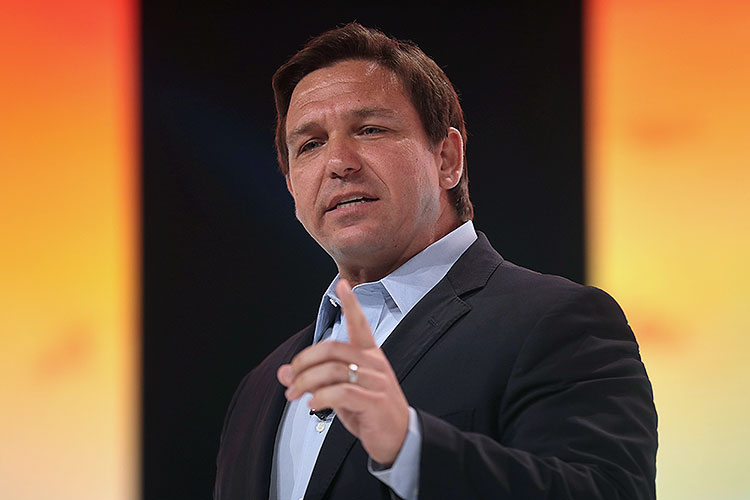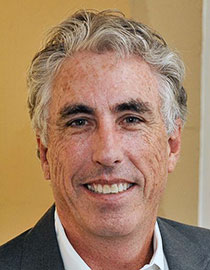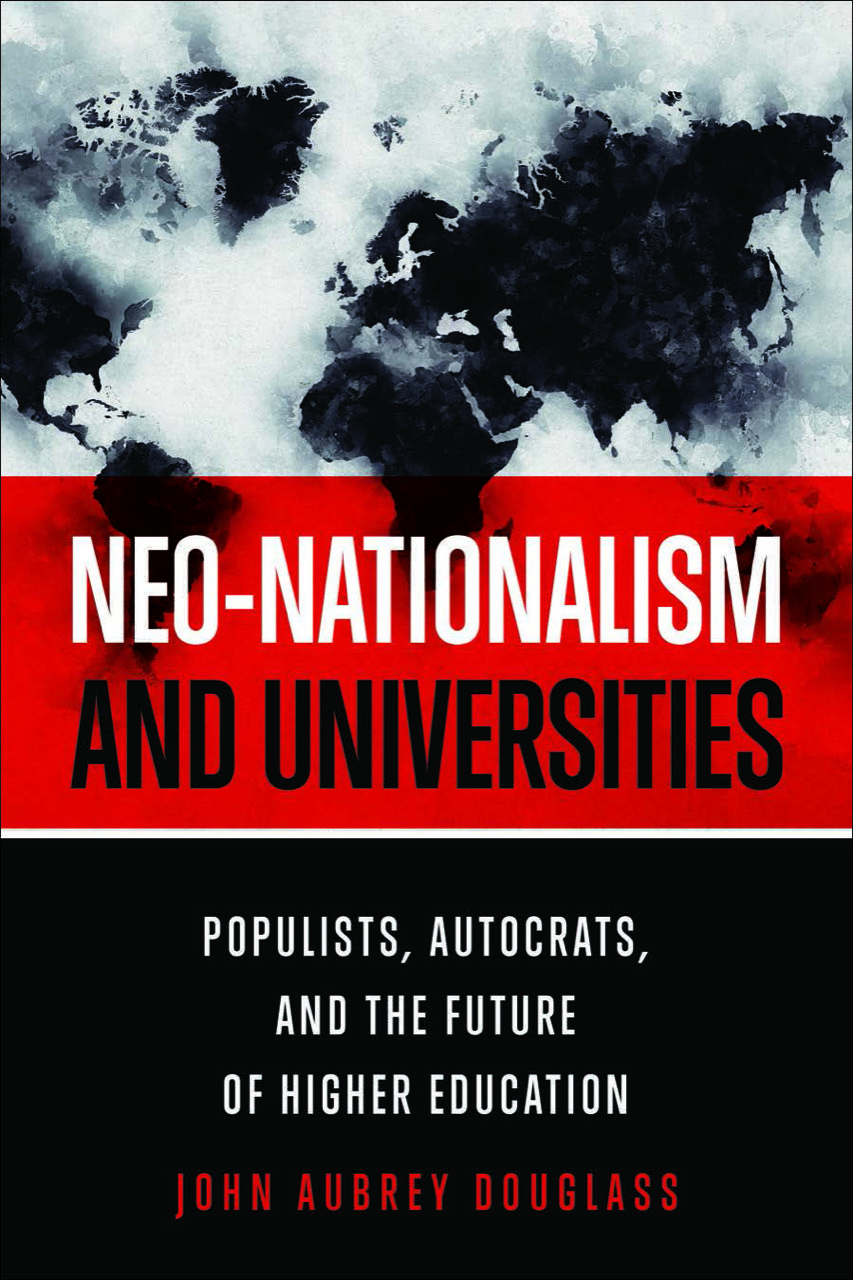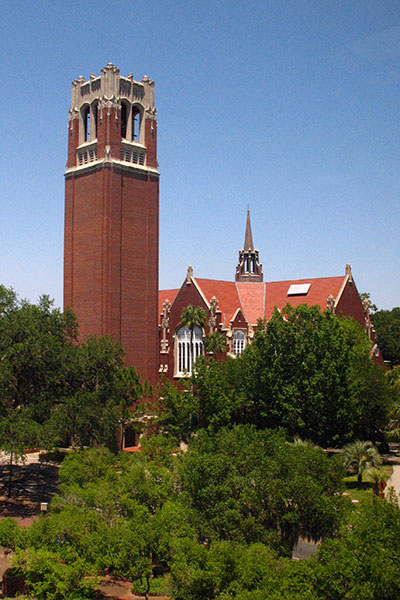Order Silencing Florida Faculty Reflects Rising Neo-Nationalism, Scholar Says

It is the sort of activity that U.S. university professors engage in every day: testifying in court about a law or policy that falls within their area of expertise. But when three faculty members at the University of Florida planned critical testimony about a controversial, Republican-backed bill to restrict voting, university leaders barred them from speaking.
The order, disclosed late last week, is a clear violation of academic freedom, and it reflects a troubling rise of the neo-nationalism that threatens independent scholarship worldwide, says UC Berkeley scholar John Aubrey Douglass. Such actions send a “chilling message” to scholars, Douglass said in an interview, reflecting a broader trend in which right-wing U.S. political leaders attempt to impose political controls on perceived academic opposition.

Douglass is the author of Neo-Nationalism and Universities: Populists, Autocrats and the Future of Higher Education (Johns Hopkins University Press, 2021) and a senior research fellow and research professor at Berkeley’s Center for Studies in Higher Education. (The book is also available as a free, open access eBook via Project Muse.)
“Neo-Nationalism and Universities” is the first comparative study of how modern right-wing populist movements and authoritarian governments worldwide are threatening the freedom and independence of higher education. Douglass and contributors to the volume look at countries such as Russia, China, Hungary and Turkey, but also at recent experiences in the United Kingdom and the U.S.
At a moment where Republican leaders nationwide have pressed unsubstantiated claims of voter fraud, Florida’s Republican-controlled legislature and Gov. Ron DeSantis recast state election law earlier this year. Critics charge that Florida is trying to suppress voting among people of color and others who tend to favor Democrats.
University of Florida (UF) political scientists Daniel Smith, Michael McDonald and Sharon Austin planned to testify as paid expert witnesses in a suit challenging the new elections law, but UF leaders blocked them, saying such testimony would not be in the university’s interest. When intense controversy flared, the university said they could testify if they were not paid.
The interview has been lightly edited for length and clarity.
Berkeley News: You’ve studied the rising impact of neo-nationalism on higher education in a range of countries — including the United States. In your view, does the action to prevent three University of Florida professors from testifying in court about the state’s voting rights laws represent the influence of neo-nationalism on academic processes?
John Aubrey Douglass: The short answer is yes. The Republican Party in Florida and Gov. Ron DeSantis are embracing many of the characteristics of right-wing neo-nationalism found in other parts of the world: anti-immigrant, nativist, anti-science rhetoric and policies, efforts to gerrymander and control elections, and subtle and sometimes overt efforts to attack political opponents and seeking forms of control of public institutions and the judiciary. Universities are no exception.
Here it appears that the University of Florida’s president and some academic administrators fear budgetary and other consequences if three professors contribute to a lawsuit against what is clearly a voter suppression law. There is no question this is a violation of academic freedom. The rationale, that faculty at a public university should not lend their expertise and knowledge to challenge a state law supported by the governor’s office, is absurd.
Why would UF’s president go down this path? One can only imagine the intense political pressure and threats from DeSantis and his proxies, including perhaps Republican appointed members of UF’s board of trustees. Simply coming to this determination independently would tell you a lot about the political environment in Florida, but that seems extremely doubtful.

How common is such intervention — or how common has it been — in U.S. higher education?
Extremely rare in the U.S., more common in autocratic-led nations. Faculty in American universities engage in this activity, offering their expertise to people and entities outside of the university, all the time as part of their public service role. And without any official prior university approval.
An overt, premeditated blocking of faculty from participating in an issue so fundamental to our democracy, voting rights, is a chilling message. But it’s also one that reflects a larger political milieu that demonstrates the grip Donald Trump has on the Republican Party. This extends to claiming that the COVID pandemic was a hoax, that science is politically biased, and other hot topics that erode confidence in universities.
Believe you me, there are many instances of political influence and attempts at intervention by state lawmakers that can be viewed as threats to the autonomy and independence of public universities — in particular, like trying to close a specific academic program or undue influence on admissions.
But these events in Florida, blatantly political efforts to suppress faculty voices on the issue of voter suppression, are unusual. I don’t recall any similar effort to gag faculty on an issue like, for example, climate change or stem cells.
What are the implications for colleges and universities today, or in the near future? Should they be worried?
To some degree, it’s all about future elections and which party is in power.
The major sources of political and budgetary influence on universities and colleges are at the federal and state level, and sometimes locally for, like, community colleges.
During the Trump presidency, there were many interventions to limit research on climate change and other environmental challenges, a failed attempt to eliminate the National Endowment for the Humanities and impose draconian cuts to the National Science Foundation and the National Institutes of Health, impose visa restrictions on international students and faculty, including students from Muslim majority countries, to eliminate DACA — the list goes on.
Remember Trump’s tweet that he wanted to end federal funding to Berkeley in the midst of riots between pro-Trumpers and antifa followers? No president ever said such a thing.
Almost all of Trump’s agenda related to higher education has dissipated under Biden. The Build Back Better bill, if the Democrats ever get their act together, would also add significant new resources for America’s universities and colleges.
So much of the action is now at the state level.
In red states, Republican governors and legislatures are generally less supportive of public higher education and often see universities as hotbeds for their political enemies. Here we sometimes see efforts to pack governing boards and influence university programs and policies.
Will other governors follow what appears to be a direct intervention on academic freedom for political purposes? I think it might depend in part on the fallout and extent of the condemnation in Florida.

Do the faculty members in Florida have any recourse, any way of combatting or reversing the ban?
I think it is highly likely that the AAUP (American Association of University Professors) will censure the University of Florida. Another perhaps more important consequence is a lawsuit by the aggrieved professors to find out what, if any, political pressure came directly from the governor and to reverse the UF president’s decision. That will be an interesting test.
If that challenge fails, a riskier but possible path: The faculty members could still testify and then face the consequences. That would be an internal process at the University of Florida, and any major outcome, such as the firing of faculty, would eventually go to the UF board of trustees.
Who is on the board largely picked by Florida’s governor, past and future? Elections matter.
You suggested that what’s happening in Florida is typical of right-wing nationalism seen in other countries. And that goes to the central theme in your new book: To what extent are universities in other parts of the world facing nationalist political pressures? Is Florida part of a larger international pattern?
Florida and the U.S. during the Trump presidency do fit a global pattern related to the rise of right-wing populism and neo-nationalism. Various international NGOs are tracking the rise of these movements with alarm. President Biden referred to this worrisome trend during his recent speech before the U.N.
Neo-nationalism (essentially the modern adoption of nationalism) is empowered by economic disjunctures caused by the global economy, rapid demographic changes, status anxiety, accompanied by the creative use of social media and, in the case of China and elsewhere, new surveillance technologies.
These social and political movements are almost always led by powerful demagogues and often incorporate golden age myths, à la Make America Great Again, and appeal to religious conservatives.
But there are much more extreme examples than the U.S., including truly autocratic states, like Russia and China.
Turkey, where over 8,000 faculty have been fired for sedition, and the European Union periphery nations, like Hungary and Poland, are more like illiberal democracies. Brazil and the U.K. during the Brexit campaign — these are less severe examples, but the danger still lurks in both established and nascent democracies.
Today, to varying degrees, universities are feeling the brunt of this rise in neo-nationalist movements and governments.
For the purpose of generating populist support and solidifying authority, universities are often attacked as hubs of dissent, symbols of global elitism, and generators of biased research, where academic freedom is being more overtly suppressed, faculty and administrators fired and jailed, and university governance and management altered to ensure greater control by autocratic-leaning politicians.
I am not saying Florida, in itself, or the U.S., are in the same category as, say, Turkey. But there are echoes in the general approach of neo-nationalist leaders and champions — what I call the autocrats’ playbook to subdue universities.
